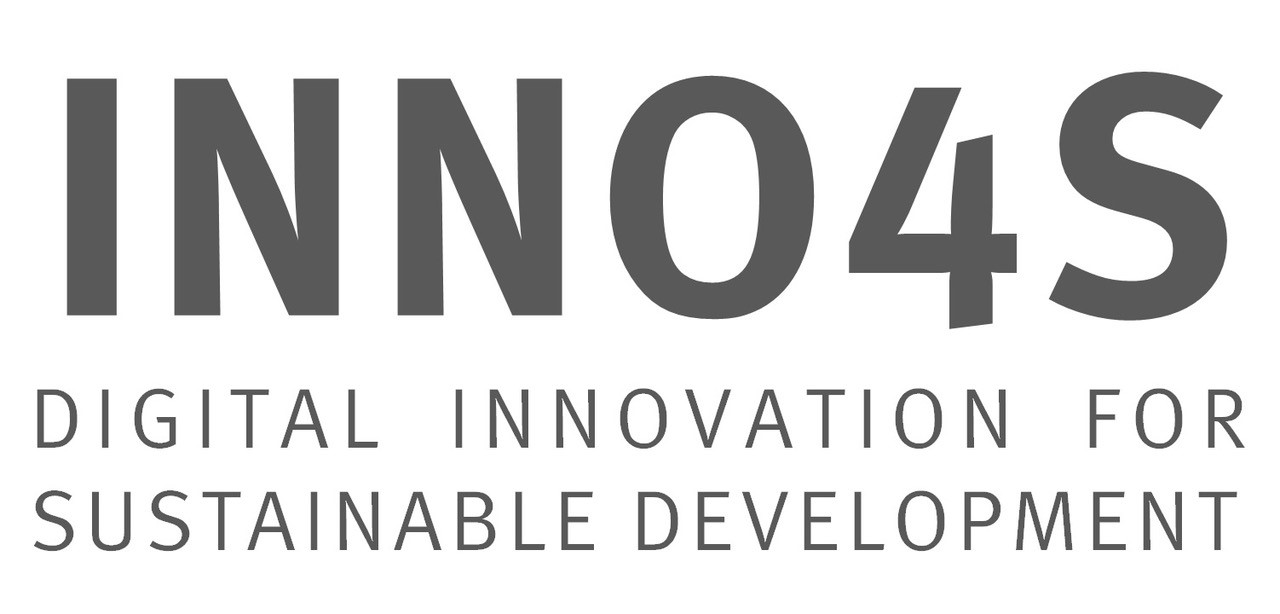About INNO4S
Welcome to „Digital Innovation for Sustainable Development,“ an expansive and engaging course module designed in a barrier-free way to explore the intersection of technology, innovation, and sustainable development. In an era where the digital revolution is reshaping every aspect of our lives, this course aims to equip learners with the knowledge and skills needed to leverage digital technologies for sustainable development – and to also understand their limitations.
The INNO4S project aims to further integrate the topics of sustainability, digitization, and innovation into business degree programs and other disciplines, providing corresponding teaching materials on a modular basis. At the content level, case studies are being developed in alignment with the United Nations Sustainable Development Goals to illustrate the innovative potential of digital technologies in addressing the major challenges of our time.
Throughout this course, participants will embark on a journey through various modules that follow six of the 17 United Nations Development Goals in the form of case studies. Each case study is based on the case document, as well as videos, lecture slides and interactive elements. Overall, each module is crafted to provide a comprehensive understanding of how real-life examples dealt with digital technologies in reply to environmental, social, and economic challenges.
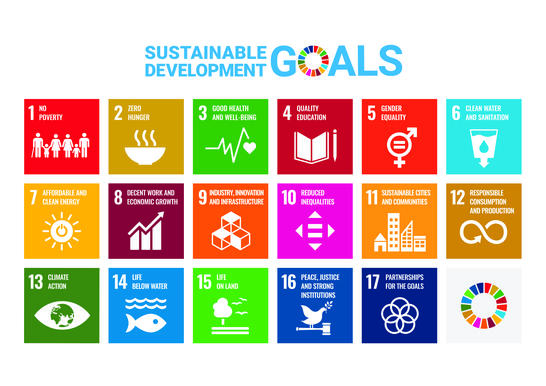
Designed for an international audience, this online course is ideal for students, professionals, policymakers, entrepreneurs, and anyone interested in the convergence of digital innovation and sustainability. Teachers will be provided with lecture notes to guide the different knowledge levels throughout. No prior expertise in technology or sustainability is required, making this course accessible to a broad range of learners. By the end of the course, participants will not only have a solid grounding in the principles of digital innovation for sustainability but also be inspired to take action and innovate for a better world.
Contributors
The course was established with funding from the Ministry of Culture and Science, State of Northrhine-Westphalia in Germany. The Universities of Cologne, Münster, and Paderborn contributed to the development of the course.

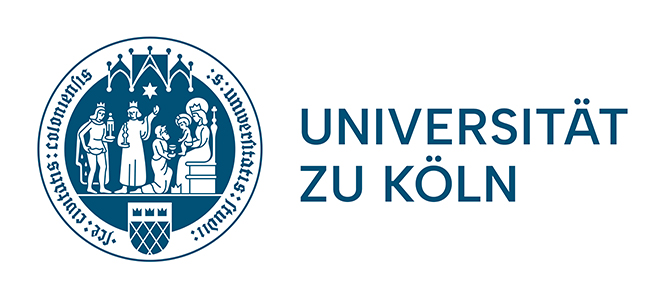

SDG Cases
SDG 3 Case – „Good Health and Well-being“
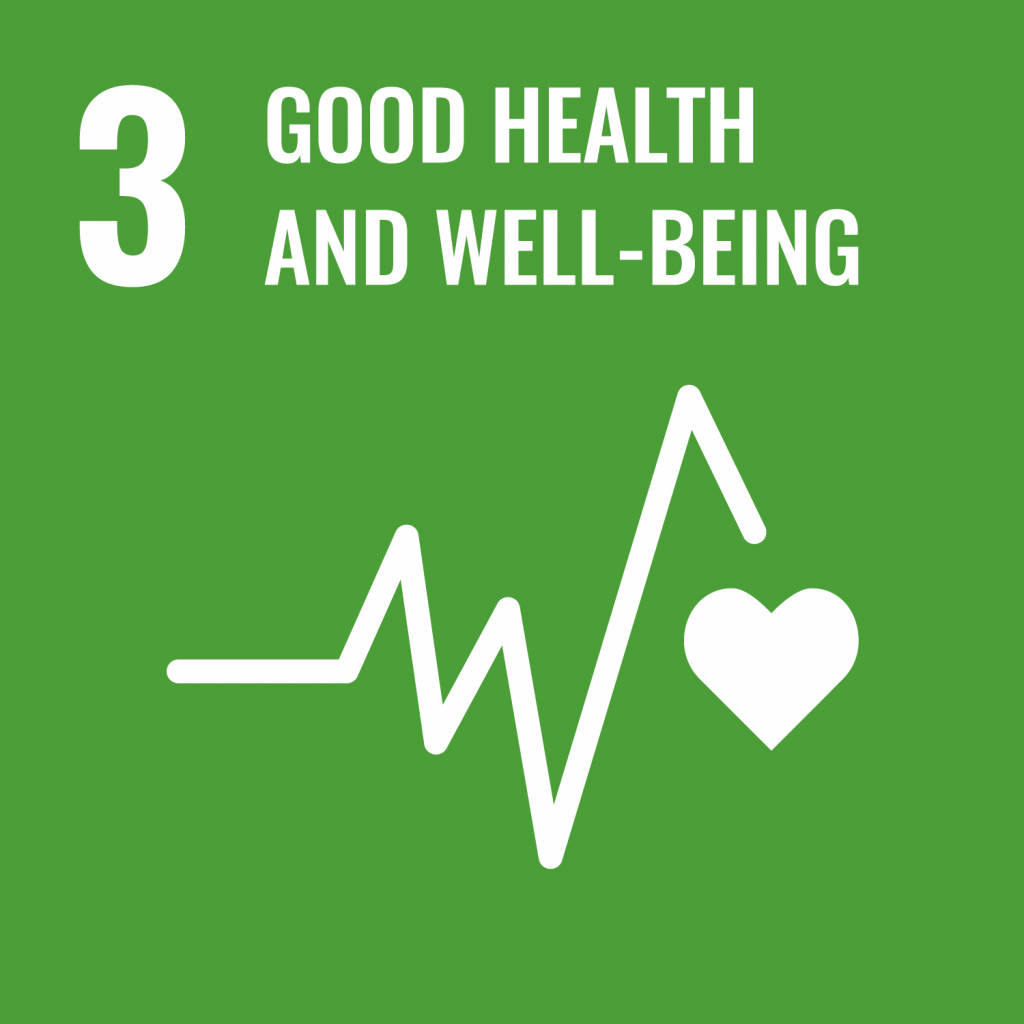
In theory, revolutionizing the field of AI-assisted diagnostic in ontology promises vast improvements for patients all over the world. Increasing the technologies’ availability and affordability can yield a profound impact on health and well-being worldwide. In practice, however, this involves overcoming various obstacles and encountering demanding and, at times, previously unforeseen challenges. Taking the perspective of a young couple who had the idea, this teaching case illustrates the journey of Lucas & Sarah, and showcases the struggles arising between developing a medical solution and ultimately entering the market, making it available to millions of people worldwide. Predominately, it focuses on market selection consideration, strict regulatory frameworks in the healthcare sector, and resulting entry barriers and their effect on institutions, companies, and civilians.
SDG 5 Case – „Gender Equality“
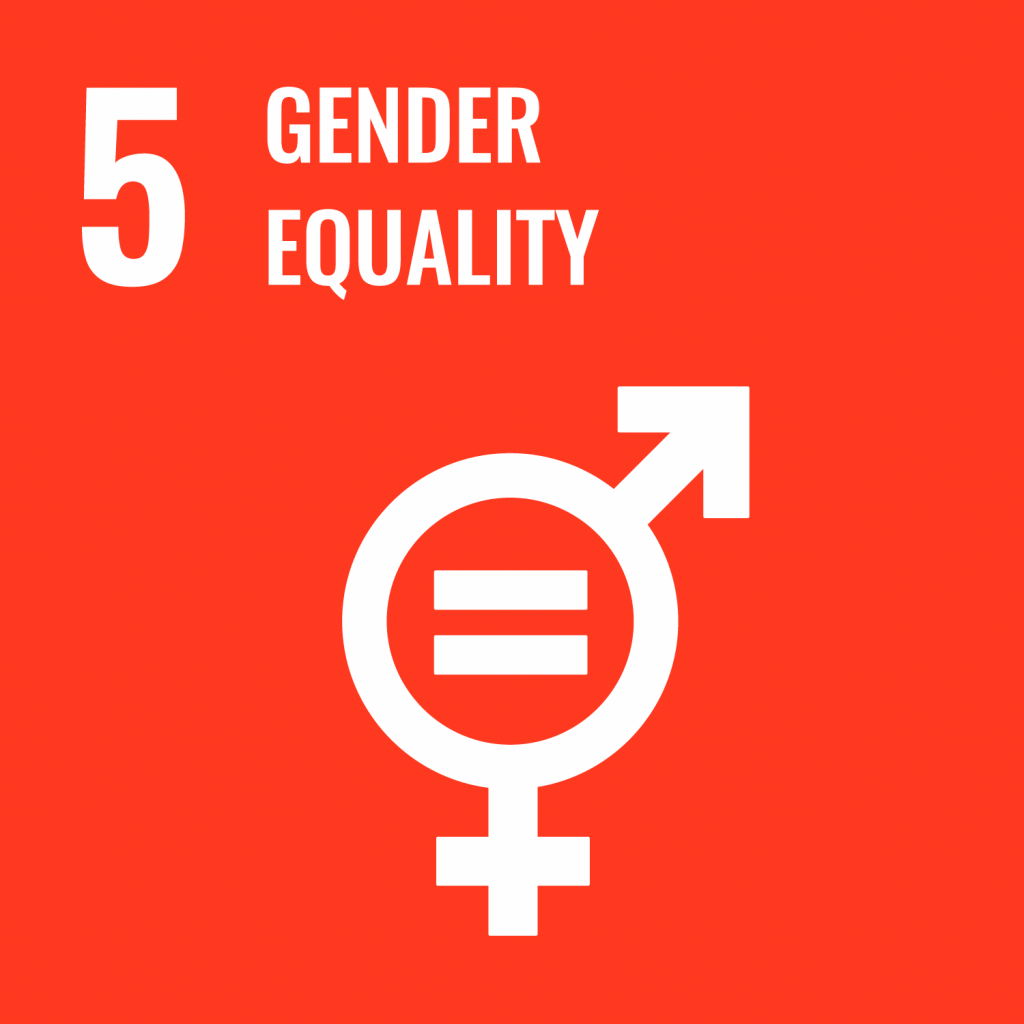
Achieving gender equality and empowering women and girls (SDG 5) requires addressing persistent challenges, including the unequal distribution of caregiving responsibilities. Women dedicate three times as many hours to unpaid care work as men, limiting their workforce participation and career opportunities. This teaching case follows the journey of equaly founders, Louisa Plasberg and Ronja Hoffacker, as they develop a digital business model to support couples in equitably sharing caregiving responsibilities. Students are challenged to design their own innovative digital business model for equaly using tools like Design Thinking and the Business Model Canvas, exploring how digital entrepreneurship can drive social innovation and close the gender care gap.
SDG 7 Case – „Affordable and Clean Energy“
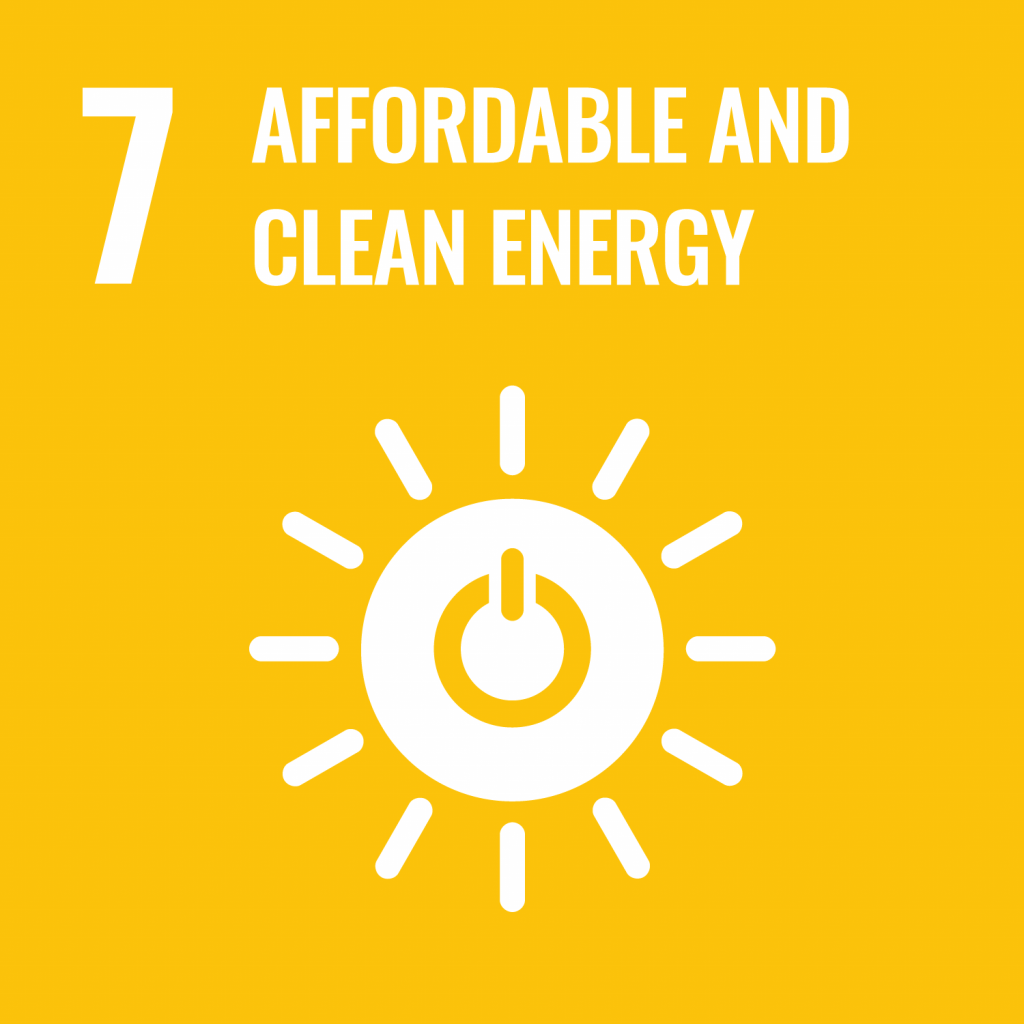
With the vision of energy-independency, the German community Grunenfeld embarks on a transformation path based on the real-life example of Blue Lake Rancheria, a Native American tribe in California that had achieved energy independence through the implementation of a microgrid. This involves the configuration of information system components as well as the identification of stakeholders and the communication of the potential impact to them. From the perspective of the project manager, this teaching case describes the path towards digitally-enabled renewable energy systems and recognizes local communities as a major player in the current energy transition. It further places focus on the inter- and transdisciplinary abilities needed to lead such a strategic transition. This case has been informed by a qualitative study involving the collection of primary (interviews) and secondary data (publicly-available project records).
SDG 8 Case – „Decent Work and Economic Growth“
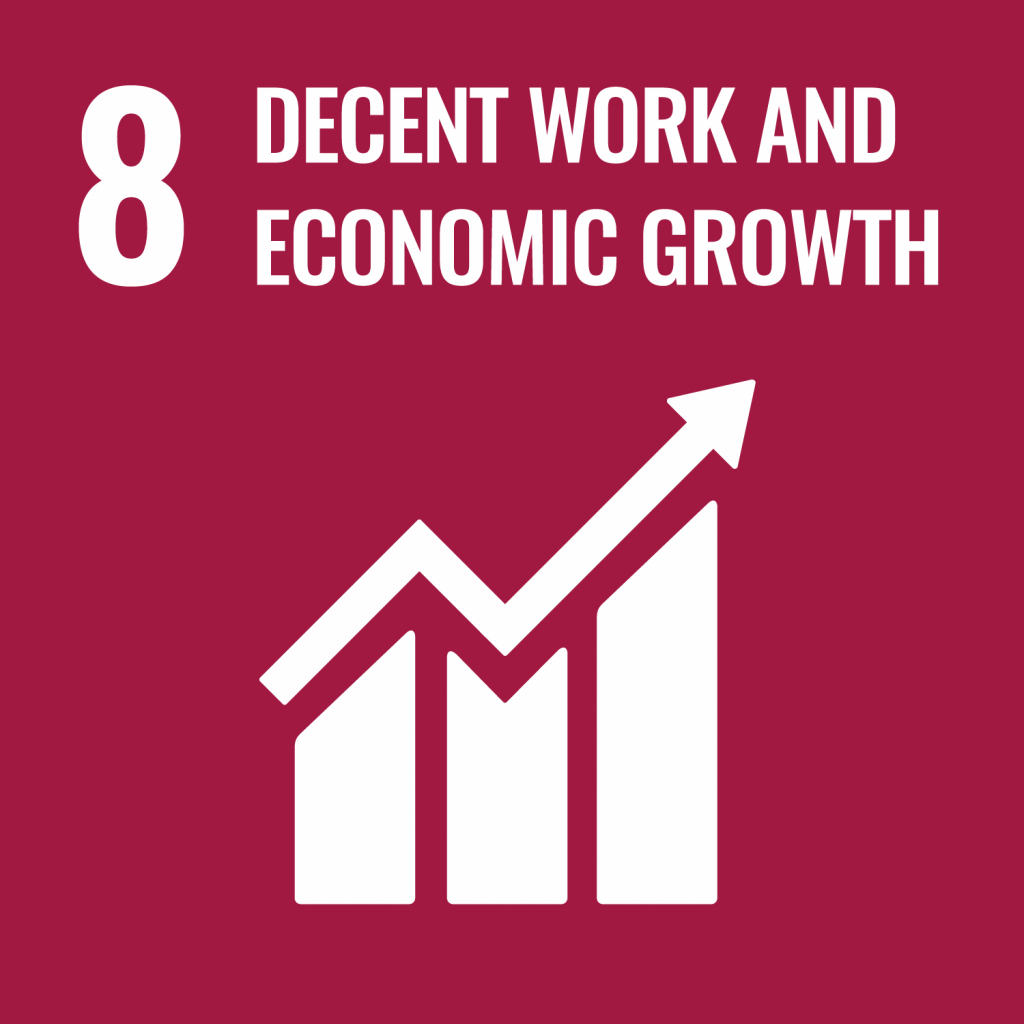
Economic difficulties, including inflation, rising gas prices, and the German economy entering a recession, further challenge Maingau Energie, a German energy firm, which operates in the declining gas market and whose business model mainly relied on selling natural gas. Initially, they shifted their business model, emphasizing renewable energy solutions. However, tackling these persistent problems involves creating alternative business models to secure the companies’ long-term viability. This teaching case follows Maingau Energie’s CIO in his quest to digitally transform the companies’ business model by identify digital breakthroughs and new business strategies, creating new revenue streams. Thus, it focuses on how he deals with the increasing pressure for innovation while balancing risk and stability, ensuring stable working conditions in the short and the long term.
SDG 10 Case – „Reduced Inequalities“
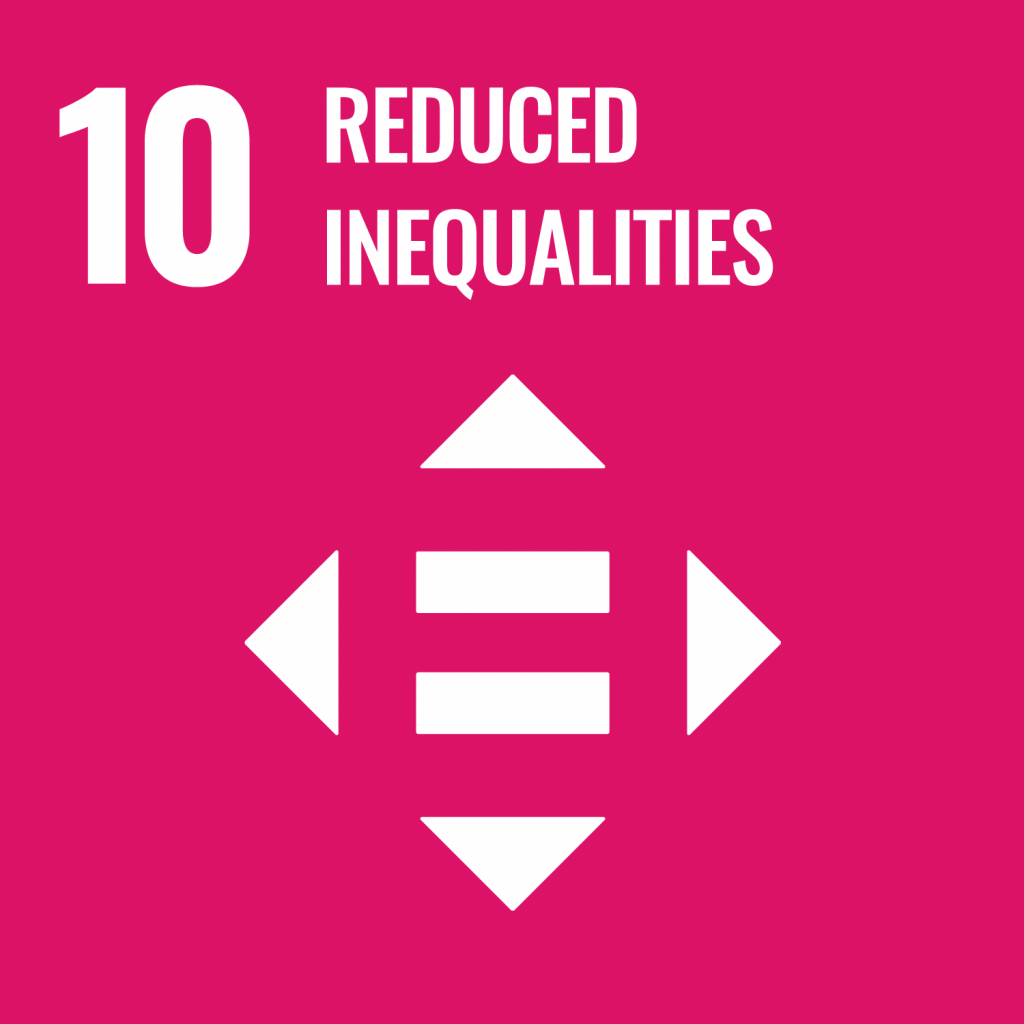
SDG Goal 10 aims to reduce inequalities within and among countries. Inequality often begins with the „lottery of birth“ – who your parents are and where you are born – which significantly affects the resources and opportunities available to an individual. Tackling inequality is crucial, as it threatens long-term social and economic development, hinders poverty reduction, and undermines people’s sense of fulfillment and self-worth. This, in turn, can lead to increased crime, disease, and environmental degradation. This teaching case explores the journey of Felix, an industrial engineer who transitioned into the corporate world before becoming a social entrepreneur. It details how Felix founded plusX, a digital platform designed to combat social inequality by enabling donations that provide access to leisure activities for underprivileged individuals. The case follows Felix’s challenges, decisions, and milestones as he navigates the complexities of building a socially impactful startup while balancing financial viability and personal motivation. By addressing income disparities and creating equal opportunities, plusX’ focus is aligned with the sub-goals of SDG 10. Felix has envisioned his startup as a „social economy service provider,“ aiming to ensure equal societal participation at the local level by developing an approach that diminishes the importance of money. Although the leisure sector is a small area, it plays a crucial role in fostering social cohesion and development.
SDG 12 Case – „Responsible Consumption and Production“
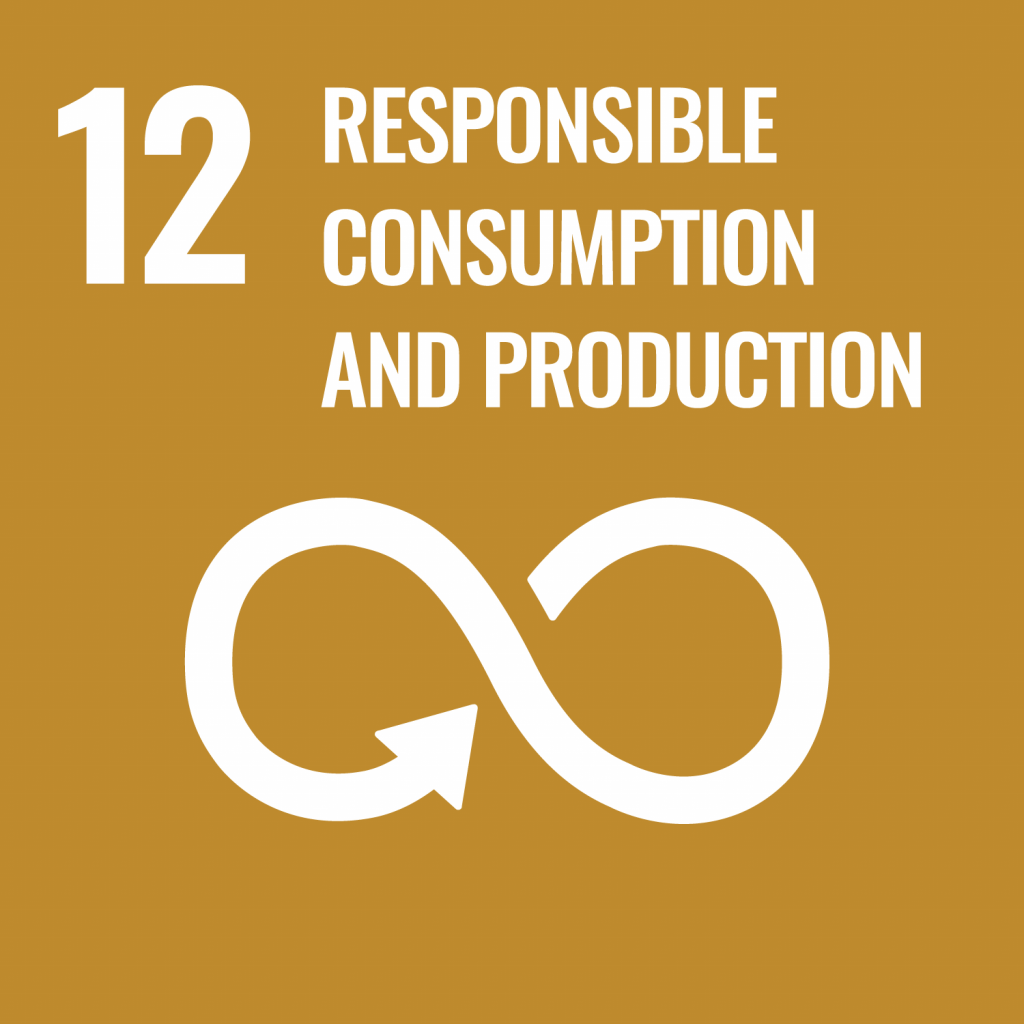
The teaching case focuses on Climate Farmers, a company dedicated to promoting regenerative agriculture through innovative digital technologies, directly addressing SDG 12’s goals of sustainable consumption and production. It highlights how tools such as sensors, drones, and data-sharing platforms optimize resource use, reduce waste, and enhance soil health, contributing to efficient resource management and sustainable agricultural practices. By exploring the development of an innovative data-sharing solution, the case underscores the importance of empowering farmers while maintaining transparency and addressing concerns like data security and trust. It illustrates how digital innovation can enhance productivity, reduce environmental impacts, and align with SDG 12 targets, such as halving global food waste and achieving sustainable production patterns. Moreover, the case integrates the Triple Bottom Line (TBL) framework to examine the balance of economic viability, social equity, and environmental sustainability, fostering a comprehensive approach to advancing sustainability goals in agriculture.
Q&A
What did we do?
We developed teaching materials surrounding topics of „Digital Innovation and Sustainable Development“. These teaching materials are open-educational ressources and barrier-free.
Modular teaching materials
- They can be integrated into existing lectures and seminars, or they can be taught as a whole course.
- We have this adaptability, because we are using teaching cases as our main mode.
INNO4S as a whole course
If you choose it as a whole course, you can either use your own learning platforms or use ours.
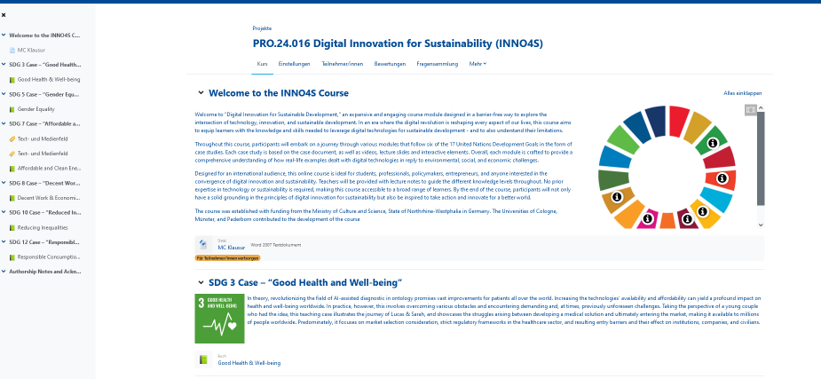
INNO4S Cases integrated in your modules
- If you just want pieces of our materials, you can use each case individually.
- Each case connects one sustainable development goal with a digital innovation and makes use of existing management theories, such as stakeholder management.
